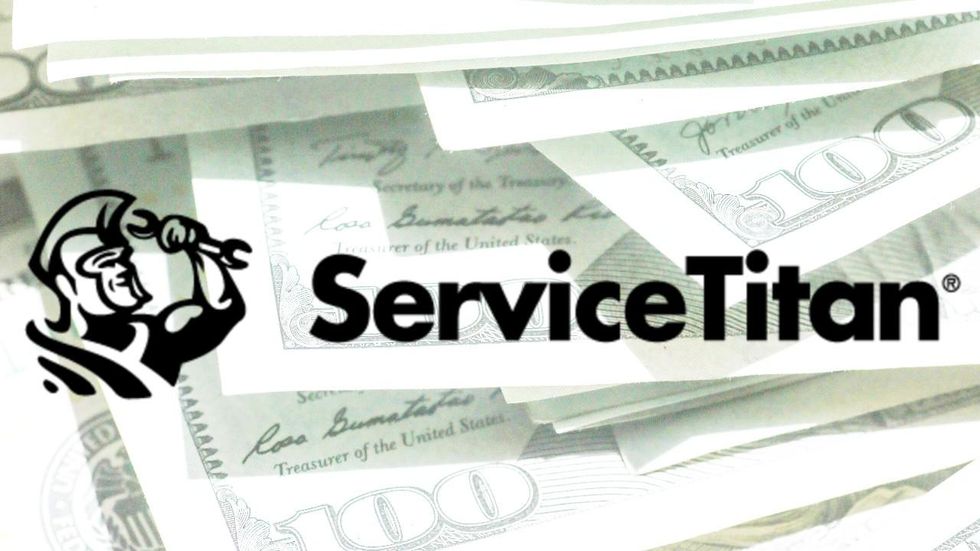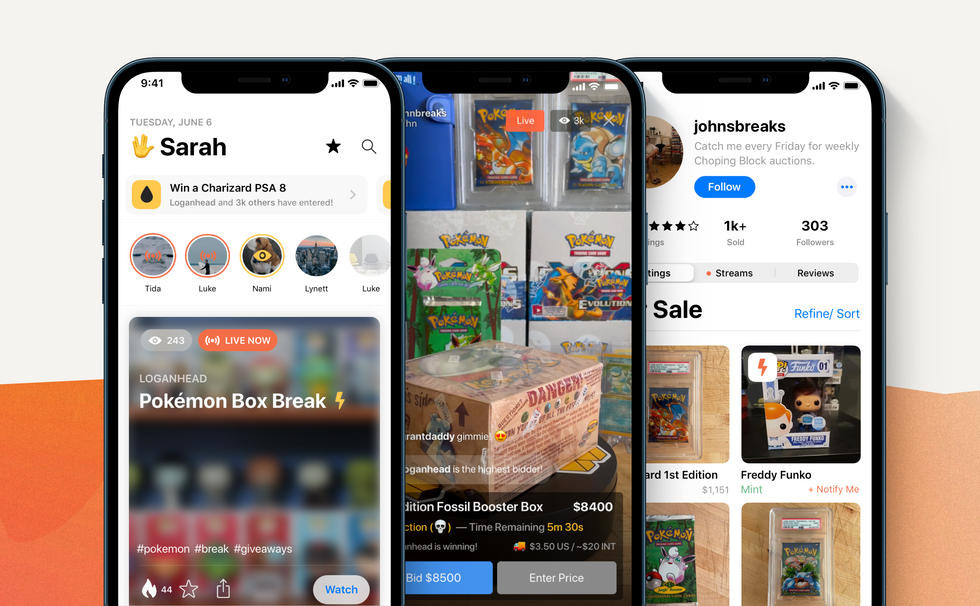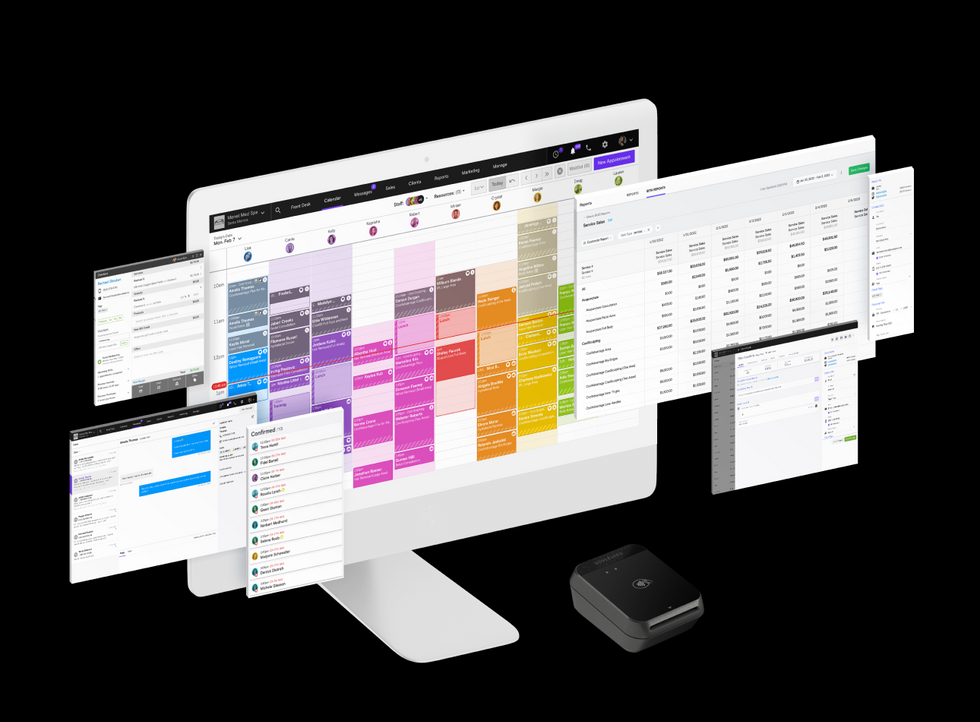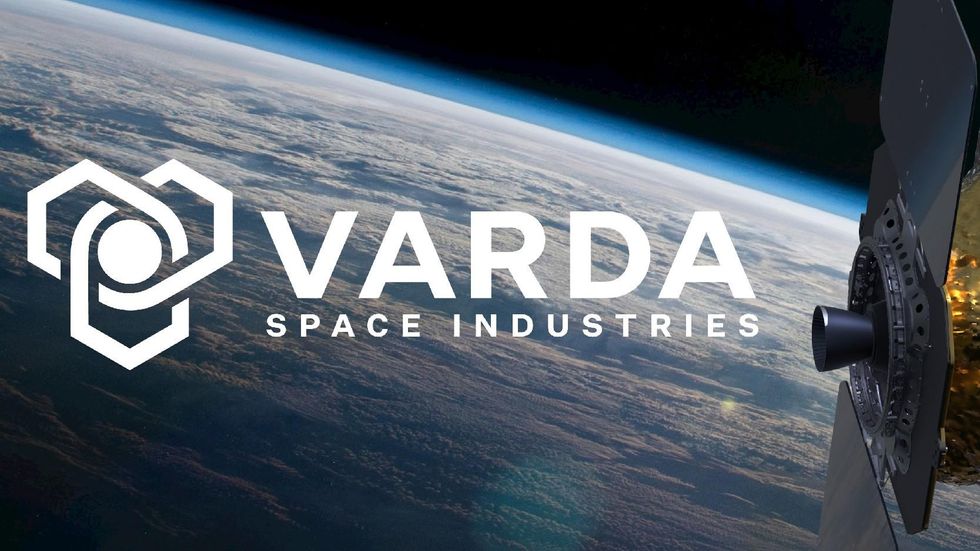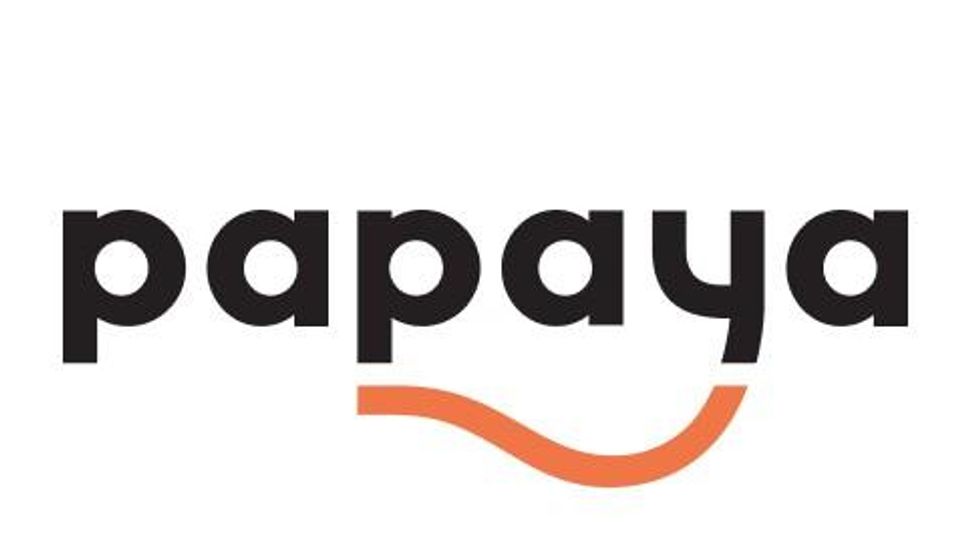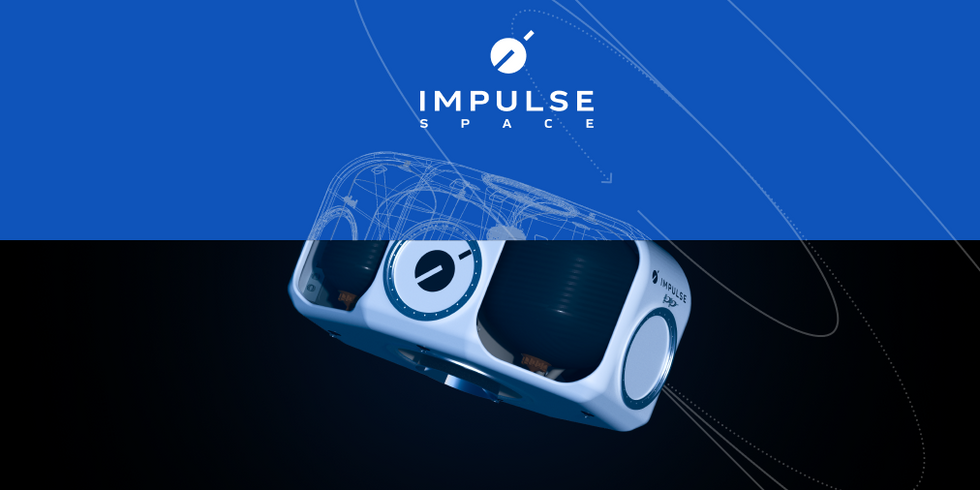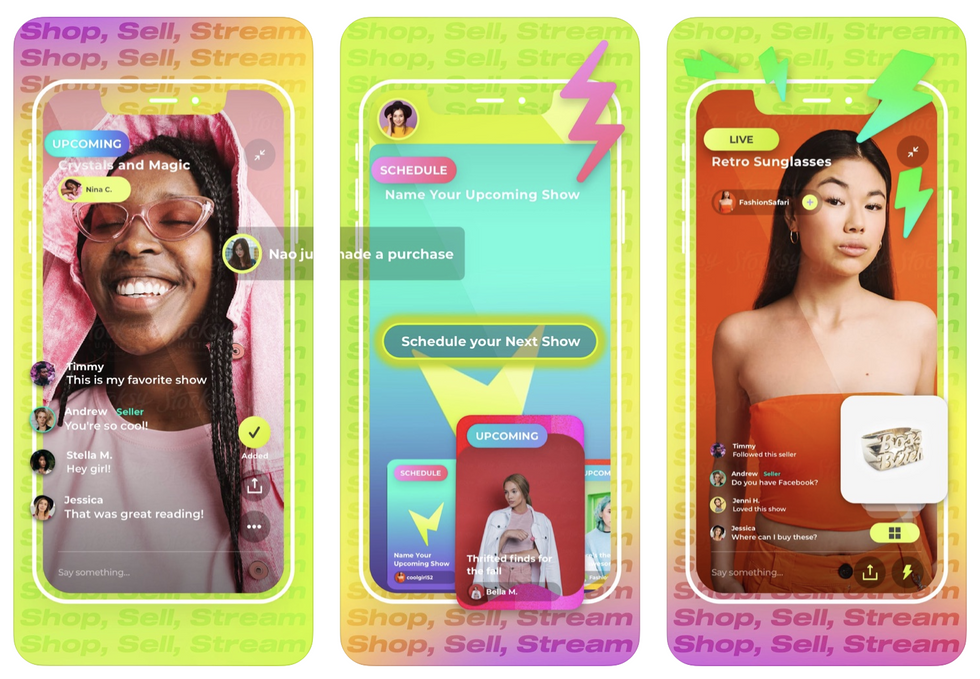

Get in the KNOW
on LA Startups & Tech
X
Evan Xie
LA’s Hottest Startups for 2023
Decerry Donato
Decerry Donato is a reporter at dot.LA. Prior to that, she was an editorial fellow at the company. Decerry received her bachelor's degree in literary journalism from the University of California, Irvine. She continues to write stories to inform the community about issues or events that take place in the L.A. area. On the weekends, she can be found hiking in the Angeles National forest or sifting through racks at your local thrift store.
Los Angeles, like the rest of the startup world, saw a dip in global venture funding. As of November 2022, funding reached $22 billion, which is 69% lower than the previous year.
Despite the massive downturn in funding due to the decline in technology stocks at the end of 2021 combined with concerns about rising inflation, it did not stop the startups on this list from raising funding. We asked more than 30 leading L.A.-based investors for their take on the hottest firms in the region. (We also asked VCs not to pick any of their own portfolio companies, and vetted the list to ensure they stuck to that rule.)
They selected a few live-shopping platforms, space startups and payment software companies and we've organized the list based on the amount of capital raised as of January, according to data from PitchBook.
Here are the eight L.A. startups VCs have their eyes on as they look ahead to 2023.
Anduril ($2.32B raised)

Given how much the company has raised to date, it was no surprise that Costa Mesa-based defense technology startup and U.S. military contractor Anduril was the name that most often came up among L.A. venture investors.
Oculus co-founder Palmer Luckey, Founders Fund partner Trae Stephens, ex-Palantir executives Matt Grimm and Brian Schimpf founded Anduril in 2017. The startup is most known for its core software product, an operating system called Lattice, which is used to detect potential security threats.
To date, the startup has received investments from Andreessen Horowitz, Founders Fund, General Catalyst, D1 Capital Partners and venture capitalist Elad Gil.
ServiceTitan ($1.1B raised)
Earlier this year, the Glendale-based firm filed for an initial public offering. Since its founding in 2012, the company’s co-founders, Ara Mahdessian and Vahe Kuzoyan built its software for a wide range of service industries, from plumbing and landscaping to pest control and HVAC.
The company’s growth is largely driven by its ability to acquire other businesses, including landscaping software provider Aspire and pest control-focused platforms ServicePro and, earlier this month, FieldRoutes.
Whatnot ($484.41M raised)
The Marina del Rey-based livestream shopping platform makes the ‘Hottest Startups’ list for a second year in a row. The online marketplace was founded by former GOAT product manager Logan Head and ex-Googler Grant LaFontaine and made its name by providing a live auction platform for buying and selling collectables like rare Pokémon cards, and has since expanded into sports memorabilia, sneakers and apparel.
It’s no secret that its success is in part, due to the partnerships Whatnot inked this year, like UFC fighter Jorge Masdival to sell sports collectibles on the platform. Along with science fiction/fantasy comics publisher Heavy Metal to bring out original content for the Whatnot community.
Boulevard ($110.35M raised)
Los Angeles-based salon booking app Boulevard attracted backers including Santa Monica-based early-stage VC firm Bonfire Ventures, which focuses on B2B software startups. The startup builds booking and payment software for salons and spas and now it now serves 25,000 professionals across 2,000 salons. Boulevard has also worked with prominent brands such as Toni & Guy and HeyDay.
Varda Space ($53M raised)
Space manufacturing startup Varda focuses on designing, developing, and manufacturing products that benefit from low gravity. The products that the El segundo-based company manufactures in space are intended to be brought back down with the hope that it will improve life on earth. The forward-thinking company was founded by Founders Fund partner Delian Asparouhov and former SpaceX officer Will Bruey.
Papaya (65.2 million)
Sherman Oaks-based Papaya was founded by Patrick Kann and Jason Metzler. The company was built to make it easier for consumers to pay “any” bills — whether it's a hospital bill or a parking ticket — all on the mobile app. To pay, users take a picture of their bill and type in the amount they want to send as long as the end user has a mailing address or an online payment portal. Papaya utilizes optical character recognition, a software that enables the app to look at every bill — no matter what the format is — and recognize each piece of information.
Impulse Space ($30 million raised)
Based in El Segundo, Impulse Space creates orbital maneuvering vehicles capable of delivering multiple payloads to unique orbits from a single launch. Founded in 2021 by former SpaceX exec Tom Mueller built his company as a last-mile delivery partner for future inter-space missions, like servicing space stations. In July, the space startup inked a deal with Long Beach-based reusable rocket maker Relativity Space to accelerate the entry of its rover into Mars.
Popshop Live (24.5 million raised)
Whatnot competitor Popshop Live is betting that live-shopping is the future of ecommerce. The West Hollywood-based company primarily focuses on selling collectables such as trading cards and anime merchandise.
In the summer of 2021, the company bolstered its team by hiring former Instagram and Instacart executive Bangaly Kaba to lead platform growth and former head of Uber Eats Jason Droege to lead expansion.
From Your Site Articles
- Here Are the dot.LA/PitchBook 50 Hottest Los Angeles Startups for Q2 ›
- Here Are the LA Seed Startups Top VCs Wish They'd Invested In ›
- LA is the Third-Largest Startup Ecosystem in the US ›
- What Are LA’s Hottest Startups of 2022? See Who VCs Picked in dot.LA’s Annual Survey ›
- How To Startup: Part 1: Ideation ›
- What Are LA’s Hottest Startups of 2021? We Asked Top VCs to Rank Them ›
- Nobody Studios Plans to Build 100 Startups in Five Years - dot.LA ›
- From GameTree to Sota — Ukrainian Founders Call LA Home - dot.LA ›
Related Articles Around the Web
Decerry Donato
Decerry Donato is a reporter at dot.LA. Prior to that, she was an editorial fellow at the company. Decerry received her bachelor's degree in literary journalism from the University of California, Irvine. She continues to write stories to inform the community about issues or events that take place in the L.A. area. On the weekends, she can be found hiking in the Angeles National forest or sifting through racks at your local thrift store.
PCH Driven: 75 and Sunny’s Wil Chockley on How to Pitch Your Startup
01:26 PM | January 10, 2022
Courtesy of Will Chockley
On this episode of the PCH Driven podcast, 75 and Sunny venture firm partner Wil Chockley shares his thoughts on skills early-stage founders need and advice on how to give the best pitch possible.
The pandemic quickly changed how the tech world worked, creating an exodus of people from the Bay Area to L.A., Chockley said, as jobs went remote and lockdowns forced people to decide where they wanted to be stuck, at least for the short term.
"I think that influx of new tech blood has really helped the tech scene. But prior to all of that, L.A. was already sort of a robust hub for innovation and the core areas geographically for a few industries like aerospace… And then entertainment," said Chockley.
Chockley is a partner at 75 and Sunny, a venture firm founded by Zillow co-founder Spencer Rascoff, who also co-founded dot.LA. Chockley assesses potential investments; about a third of his time, he said, is spent looking at prospects in proptech, but he's also interested in what he calls “HR tech” or the future of work.
On the fundraising side, Chockley has learned what skills to look out for in founders. The single most important ability, he said, is storytelling. Being able to translate a company’s data while also painting a vision for its future takes craft.
"You are first selling your idea to investors; you're selling your idea then to potential employees when you're looking to hire them. And then you're looking to sell your product or your idea to potential customers. So being able to sell well is being able to tell a story well," said Chockley.
The pandemic, he added, has opened more funding avenues for founders in every city. Zoom video calls have become the norm for the venture capital industry, allowing startups to get funding from investors outside of Silicon Valley and far from their headquarters.
"I feel like everything has merged, so everyone is interacting with everybody. And so, what's happening here in L.A. is really what's happening all over the country," said Chockley.
While making those pitches to investors, Chockley said some things to keep in mind is to be enthusiastic and be receptive to feedback. But also when you introduce the problem, your product is the solution.
Click the playhead above to hear the full conversation, and subscribe to PCH Driven on Apple, Stitcher, Spotify, iHeart, Google or wherever you get your podcasts.
dot.LA Engagement Intern Joshua Letona contributed to this post.
From Your Site Articles
- How to Fundraise Your Seed Round - dot.LA ›
- What Spencer Rascoff Looks for in a Founder - dot.LA ›
- Recon Food's Sophia Rascoff on the Future of Social Media - dot.LA ›
- How to Pitch Your Startup - dot.LA ›
- HydroFlask’s Travis Rosbach is a ‘True Water Man’ - dot.LA ›
Related Articles Around the Web
Read moreShow less
Jamie Williams
Jamie Williams is the host of the “PCH Driven” podcast, a show about Southern California entrepreneurs, innovators and its driven leaders on their road to success. The series celebrates and reveals the wonders of the human spirit and explores the motivations behind what drives us.
Despite the Critiques, Gen Z Swears by Influencer Marketing
05:05 AM | February 15, 2023
@DixieDamelio, @NoahBeck, @Jaclynrjohnson
After an influx of scandals, some reports suggest that beauty influencers have run their course. Just look at the de-influcing trend—people are outwardly expressing frustration with the sheer amount of sponsored content being pushed on every social media platform. Others are questioning the pervasive misleading reviews and undisclosed advertisements.
That said, the money flowing into the industry, paints a different picture. Even as companies slash their marketing budgets, they are still setting aside cash for creators. An Influencer Marketing Hub survey found that 23% of brands dedicated at least 40% of their entire marketing budget to influencer content. And the industry is set to reach $21 this year. A January report from shopping platform LTK, which surveyed 1,018 people, found that both Gen Z and millennials consider seeing a product from influencers as more persuasive than other forms of advertising.
So how do we explain these two conflicting signals?
For starters, Gen Z has historically been hard to reach with advertising, and ads coming from influencers are no exception. A 2022 study from digital consumer research firm Bulbshare found that 84% of Gen Z no longer trust influencers. But consumer trends point to the consistent effectiveness of creator-led campaigns. LTK’s survey found that 79% of Gen Z respondents said their shopping was informed by social media. Brands like the fashion companies Selkie and Shein have seen sales explode after strategic partnerships with TikTok influencers.
That said, a looming recession, does lead people to be more particular about what they buy. Consumer price increases have slightly slowed down, but prices for products like apparel are still high. If people are reducing their spending, some have argued that influencers, who make their living off of other people’s purchasing habits, will lose their social significance.
Again, the evidence suggests the opposite to be true. People working with a budget want to make more informed decisions. When they, for example, walk into Sephora, they want to know that they aren’t going to waste $40 on a bad foundation. This is why influencers aren’t going anywhere: people who hunt for the best product before buying something are going to come across an influencer’s TikTok video or Instagram post. Seeing a video doesn’t always lead to a purchase, but people might find the information persuasive enough.
Another alternative is the rise in micro-influencers—people who have cultivated a more personable sense of trust instead of someone with millions of followers. With more people using TikTok as a search engine, the time seems ripe for influencer marketing to help consumers navigate their course.
Not only did the LTK survey find that 44% of Gen Z’s in-store shopping is informed by creator-recommended products, but they are also more likely to search for product information from an influencer instead of a brand’s website.
Which is to say, even those with disdain for influencer culture have likely been inundated with the trendy products they push. All the evidence points to influencers being one of the most persuasive tools in marketing—and you’d be foolish to think that recent developments are signs of trouble.
From Your Site Articles
- TikTok Is Giving Creators a New Way To Earn Ad Revenue ›
- PR Firm Carter Agency Allegedly Scammed Hundreds of Influencers Out of Brand Deals ›
- The Wild West of Influencer Taxes ›
- Meet the Glassdoor For Influencers ›
Related Articles Around the Web
Read moreShow less
Kristin Snyder
Kristin Snyder is dot.LA's 2022/23 Editorial Fellow. She previously interned with Tiger Oak Media and led the arts section for UCLA's Daily Bruin.
https://twitter.com/ksnyder_db
RELATEDTRENDING
LA TECH JOBS

